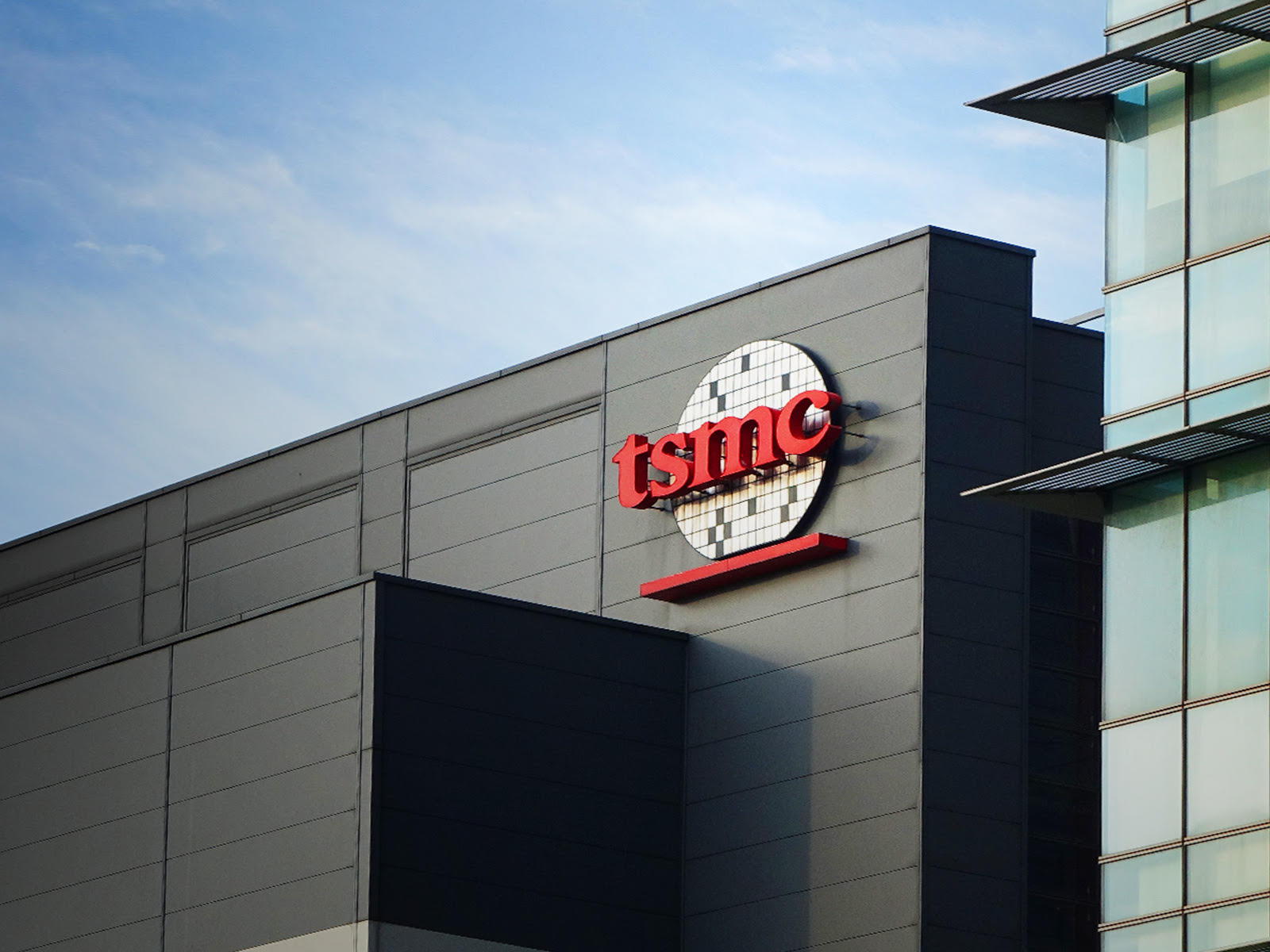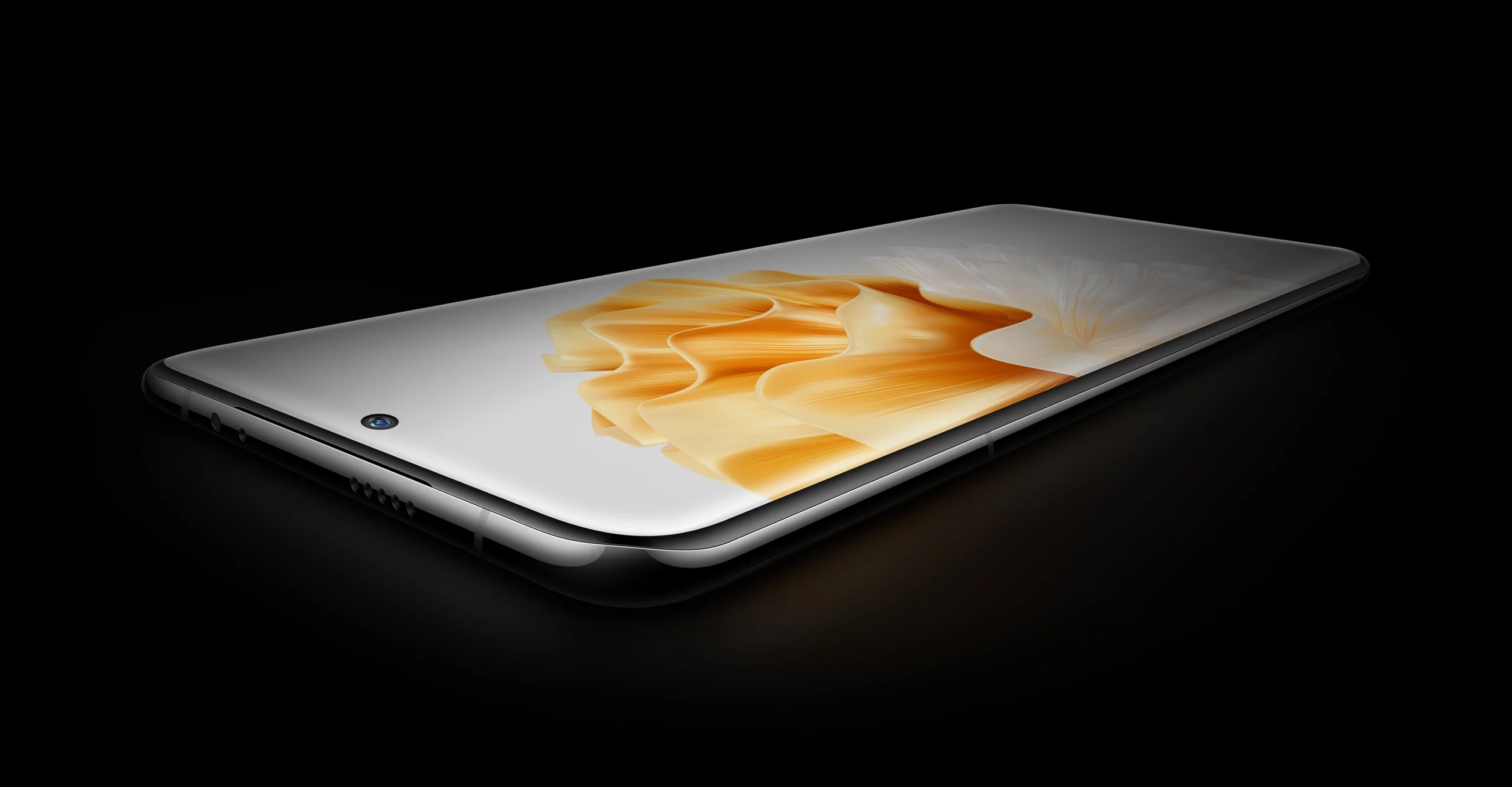|
Getting your Trinity Audio player ready...
|
Taiwan Semiconductor Manufacturing Company (TSMC) continues to react after finding itself in the middle of a potential violation of US export restrictions on certain chips to China.
Earlier this week it emerged that TSMC had informed the United States of a potential attempt by Huawei to circumvent US export controls that prohibit the chipmaker from producing AI chips for the Chinese company.
According to Reuters, TSMC had notified US authorities after tech research firm TechInsights sources took apart the offending product, and in the process revealed the alleged violation of export restrictions on the Chinese firm.

Teardown revelation
TechInsights apparently informed TSMC of the chip before publishing its findings in a report, the person told Reuters, prompting the Taiwanese firm to notify the US Commerce Department a couple of weeks ago.
Canada-based TechInsights was in the headlines last year, when it produced a teardown report of the new Huawei’s Mate 60 Pro smartphone, which revealed that Huawei and China’s top chipmaker SMIC had built an advanced 7-nanometre processor (the Kirin 9000s chip) to power its latest smartphone.

But now a source told Reuters this week that the new TechInsights teardown concerned Huawei’s Ascend 910B.
The 910B is viewed as the most advanced AI chip available from a Chinese company. The first source would not identify the item, Reuters noted, but said the TSMC chip was one within a multi-chip system.
Huawei had introduced the Ascend chip line after being placed on a US trade blacklist in 2019 and has developed a business model around selling it along with proprietary software and hardware to domestic companies cut off from equivalent overseas technology.
In June 2024 a Huawei executive had boasted that Huawei’s AI accelerator chips meet or surpass the performance of one of Nvidia’s most popular GPUs, the A100.
It was claimed at the time that Huawei’s Ascend 910B AI chip delivers 80 percent of the performance of Nvidia’s A100 when training large language models, according to some tests.
In some other tests Huawei’s chip can beat the A100 by 20 percent, claimed Wang Tao, chief operating officer of Huawei’s Jiangsu Kunpeng Ecosystem Innovation Centre, adding that there is “not much difference” in performance between the two chips in AI model training.
Huawei has typically not made such public comments about its chip efforts and has not officially disclosed the source of the advanced Kirin 9000s chip that powers the Mate 60 smartphones. However chip experts believe it was manufactured by US-sanctioned SMIC using older equipment adapted for the purpose.
Shipments suspended
Now in the latest development, Reuters, citing a Taiwan official familiar with the situation, has reported that TSMC has suspended shipments to a customer after it discovered that one of its chips supplied to the client ended up in a Huawei product.
According to Reuters, TSMC had suspended shipments to the client and began a detailed investigation about two weeks ago.
The official told Reuters that TSMC had notified both the US and Taiwanese governments, and said as it was an “important warning event” within TSMC, and can, at its earliest, be traced back to 11 October.
The official did not identify the client TSMC had suspended shipments to, and TSMC also reportedly declined comment.
A second official told Reuters that TSMC had not informed Taiwan’s government of the name of the client.





